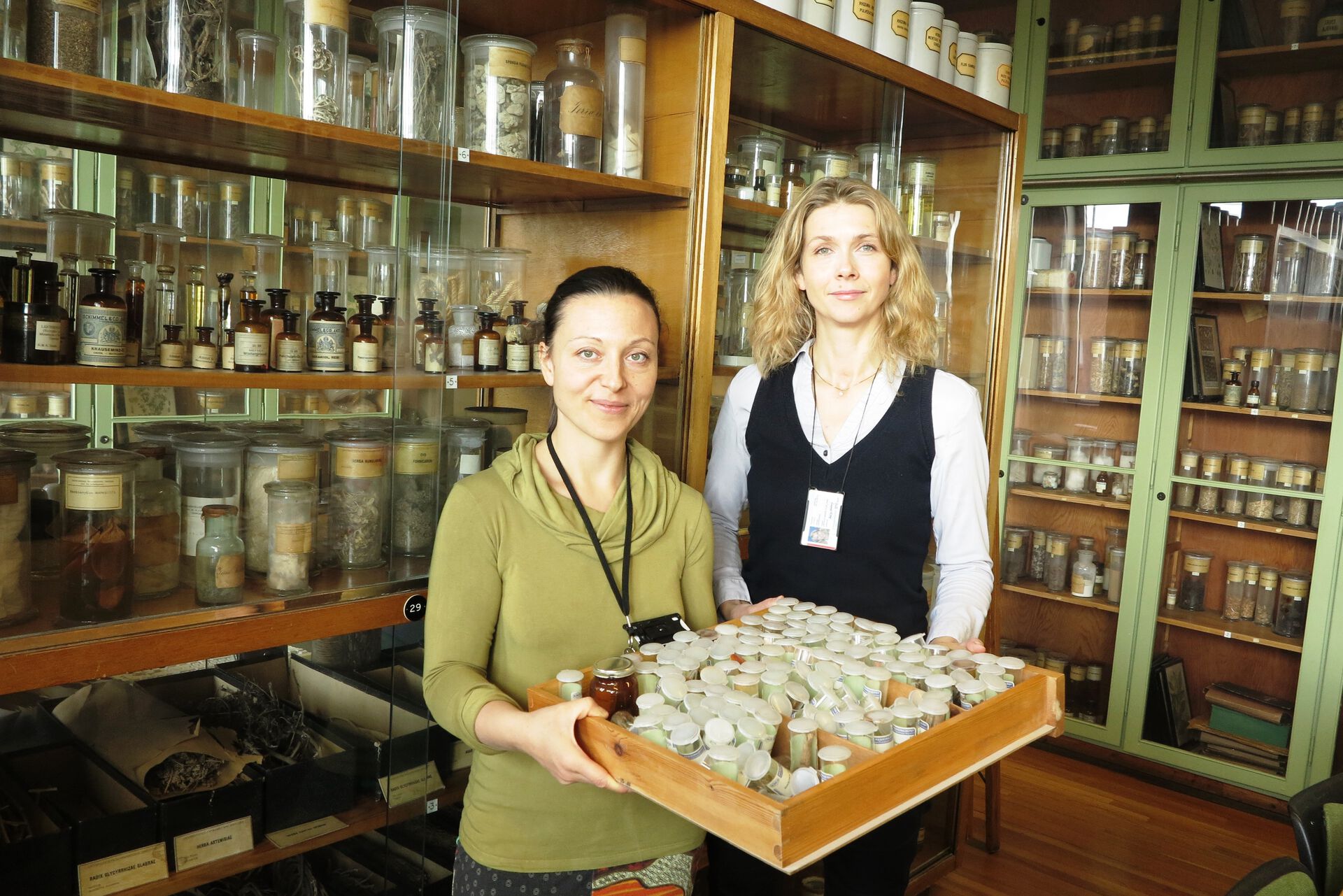Norwegian and Canadian scientists have completed a survey among 9000 pregnant women in nearly 20 countries and charted the consumption of different herbal remedies.
126 Herbs evaluated
- The scientists have examined literature and evaluated the safety of 126 different herbs. They have classified the different remedies in four categories based on the available literature on mechanism of action and safety.
- A collection of 27 herbal remedies was placed in the “contraindicated” group, where the available research suggests an increased risk of miscarriages, bleedings or even birth defects. The “safe” category contains 28 herbal remedies, but the largest category was labelled “caution” and contains 60 herbal remedies that should be consumed with caution.
- Additionally, the scientist placed 11 remedies in an “unknown-category”, because the effects were just that - unknown.
The results show that nearly 30 percent of the women participating in the international survey actually consume herbal remedies during pregnancy.
However, most women use herbal remedies that are considered safe or have no currently known harmful effects.
1288 Norwegian women participated in the survey and 222 (17.3 percent) had consumed herbal remedies. Most herbal remedies were assessed as safe, and the most popular ones were Ginger, Cranberry or Raspberry.
The herbs are a “known unknown”
– Nevertheless, a lot of Norwegian women – 22 percent in all – consume remedies that we don’t have enough knowledge regarding. This category contains herbs where we lack knowledge regarding any potential effect. Note that these herbs should only be consumed in consultation with qualified healthcare professionals or only during specific parts of the pregnancy, explains Post Doc Angela Lupatelli at the School of Pharmacy.
Lupattelli and Professor Hedvig Nordeng are co-authors on a large study published the 15th of March 2016 in the scientific publication BMC Complementary and Alternative Medicine.
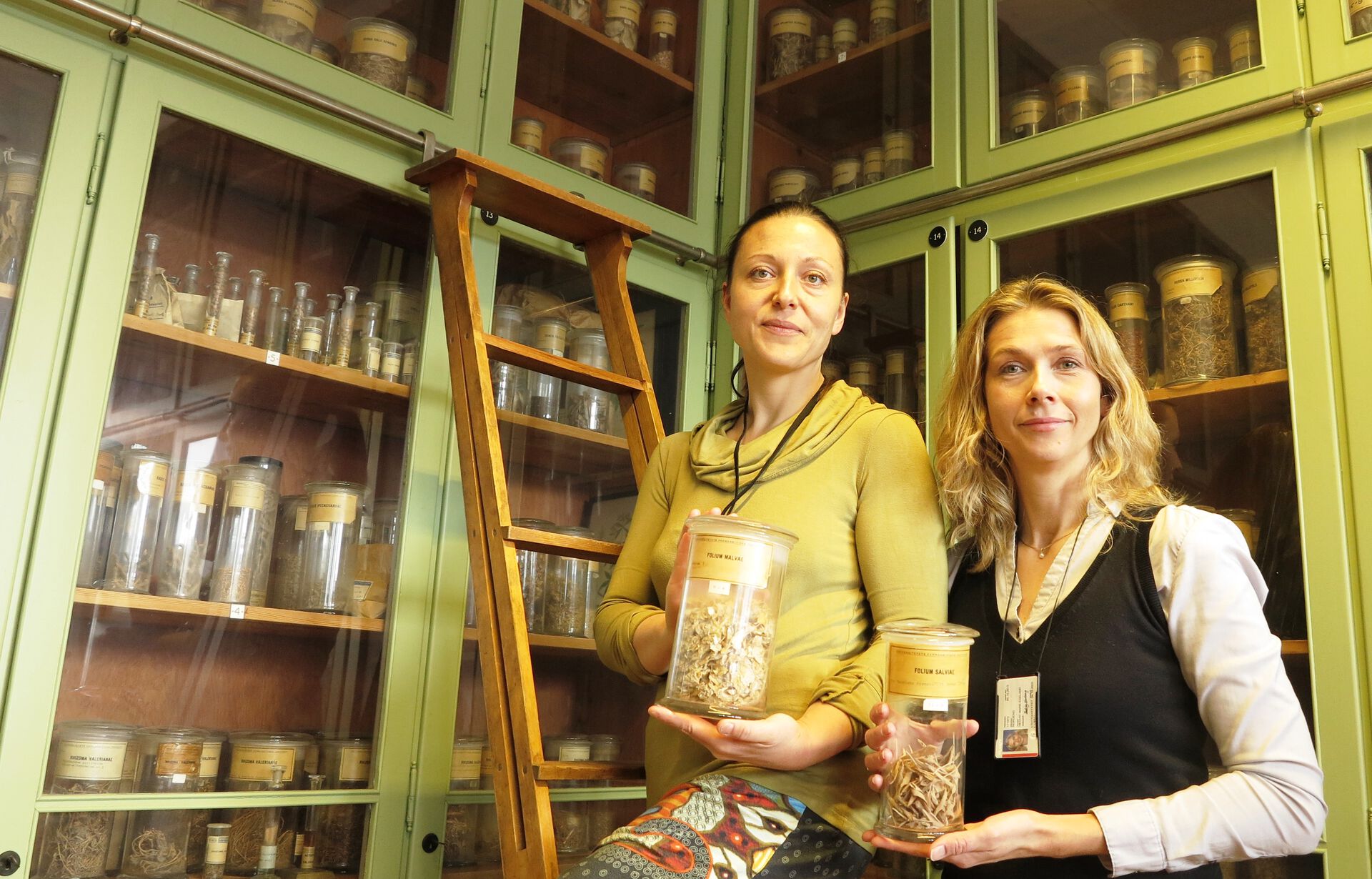
The Norwegian part of the survey also revealed three occasions where pregnant women had consumed “contraindicated herbals” as categorized by the authors. This means that there is a real scientific evidence that the herbal remedies could harm the mother or the foetus.
– One of the women had taken a remedy containing Fenugreek (Trigonella foenum-graecum). This herb increases the risk of miscarriages and should not be used by women during pregnancy. The other two women had used Thyme (Thymus vulgaris), says Lupattelli.
Thyme contains esoteric oils which when consumed in high quantities can cause skin and mucus irritation and increase the risk of uterine contractions. The study contains a list on which remedies that are considered safe, unknown or contraindicated.
Read available information!
Angela Lupattelli and Hedvig Nordeng emphasizes that their intention certainly is not to scare pregnant women that have consumed herbal remedies.
– I usually recommend answering the three following questions: Is it necessary to use this herbal remedy? Does it work? Does documentation exist on its safety? If the answer is “yes” to all three questions then there should be no problem, says Nordeng.
She also recommends some simple precautions:
– Get advice from qualified healthcare professionals or read information from Norwegian Health Authorities. And: Only buy herbal remedies from approved/licensed distributors! There have been occasions where herbal remedies sold over the internet contained contaminants or medications, which have caused serious side effects just for that very reason.
Both scientists recommend pregnant women to check the web page “Trygg Mammamedisin.no” where publicly employed pharmacists and doctors give evidence-based counselling.
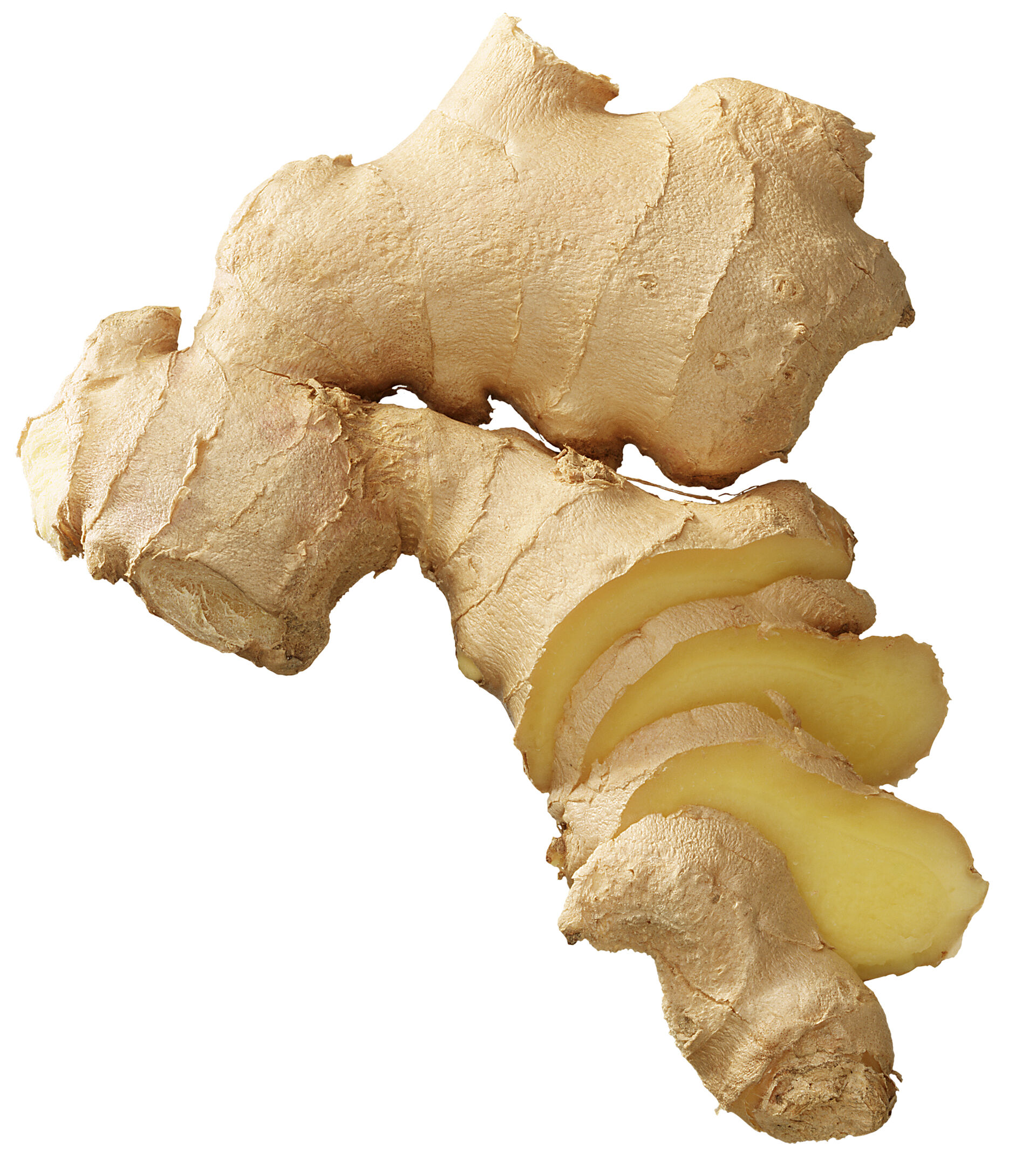
Angela Lupattelli adds that even “safe” herbal remedies cannot always be recommended, if this leads pregnant women to drop needed medicines. The study reveals that both Norwegian and foreign women often use herbal remedies containing cranberry to cure or prevent urinary tract infections. There are no known harmful effects from cranberry, but nevertheless it might not be such a good idea to use it. Because:
– Cranberry extract might have a small preventive effect, but there is no documentation proving that Cranberry can cure a urinary tract infection that has already broken out.
– A urinary tract infection can in a worst case scenario spread to the kidneys and be very harmful to both mother and child to be. Henceforth, in order to get rid of the infection we strongly advice women to use antibiotics. There are safe antibiotics on the market that can be used for this purpose, explains Lupattelli.
Norwegians practice safer usage
Scientists in Norway and Canada recruited women in North America, Europe, Russia and Australia through adverts and banners on pregnancy related websites, discussion forums and social media. The women were asked to fill out a simple questionnaire and in the end the scientists received answers from more than 9000 participants.
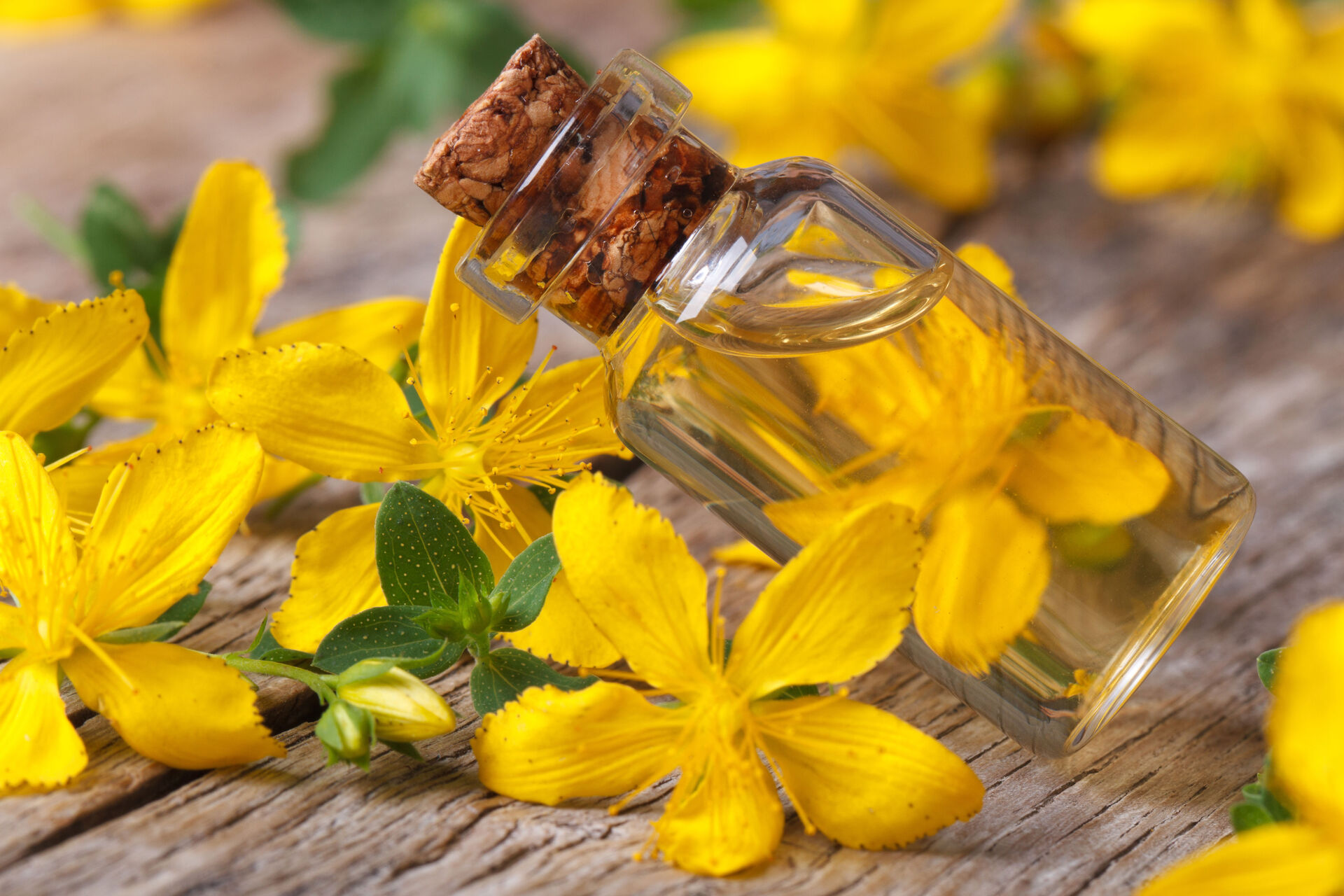
Of the women in the survey almost 30 percent used at least one type of herbal remedy during their pregnancy. The more expanded use was found in countries like Switzerland and Russia, while Norway placed itself a bit further down the statistics.
In Norway the use of herbal remedies was lower and more often in the “safe” category than in other countries.
As mentioned earlier, the scientists found only three Norwegian women that had used contraindicated herbal remedies, while the equivalent number in the international survey was 20 percent. Furthermore, internationally 32 percent of women consumed remedies belonging to the “caution” category compared to Norway where the equivalent percentage was 22.
– In the study 17 percent of the Norwegian women answered that they had consumed herbal remedies during pregnancy. Previous Norwegian studies, however, have shown a percentage of nearly 40 percent. This can be due to an increased awareness over this problem in recent years among pregnant women and healthcare professionals, but we are not excluding the possibility that the way the questions were posed could explain the discrepancy.
– In the survey we have asked the women if they for example had consumed Ginger, Cranberry or other herbal remedies. Maybe some of them have used garlic capsules and doesn’t consider this an herbal remedy; this could have led to lower estimates of herbal use than what is in reality, explains Lupattelli.
Used in large extent, but not much explored
The main purpose of this study was to explore which herbal remedies are used in pregnancy and what risk they can pose. This new report certainly opens the way to a field of science that until now has been poorly elucidated.
– We have made an overview of safe, unknown and contraindicated herbal remedies, but the classification was difficult. For many herbals there are very limited or contradictory research findings. As a consequence we cannot exclude the possibility that an herbal that is considered safe today may contain unknown health risks. It is cause for concern that we know so little regarding the safety of herbal remedies since a substantial number of women use them during pregnancy, says Lupattelli.
Lupattelli believes that this is an area where we need more research.
– We need research projects that can explore how pregnancies develop in women that use herbal remedies. Is there an increased risk of bleeding or other complications? This is the only way we could be able to say something with certainty regarding how safe or risky herbal remedies are, says Lupattelli.
The East Europeans top risk chart
Use of contraindicated herbal remedies was most common in Russia and East Europe. An example is the use of the herb Motherwort in many Eastern European countries.
It was frequently used to strengthen the immune system and increase blood circulation. However, these types of herbs should not be used by pregnant women.
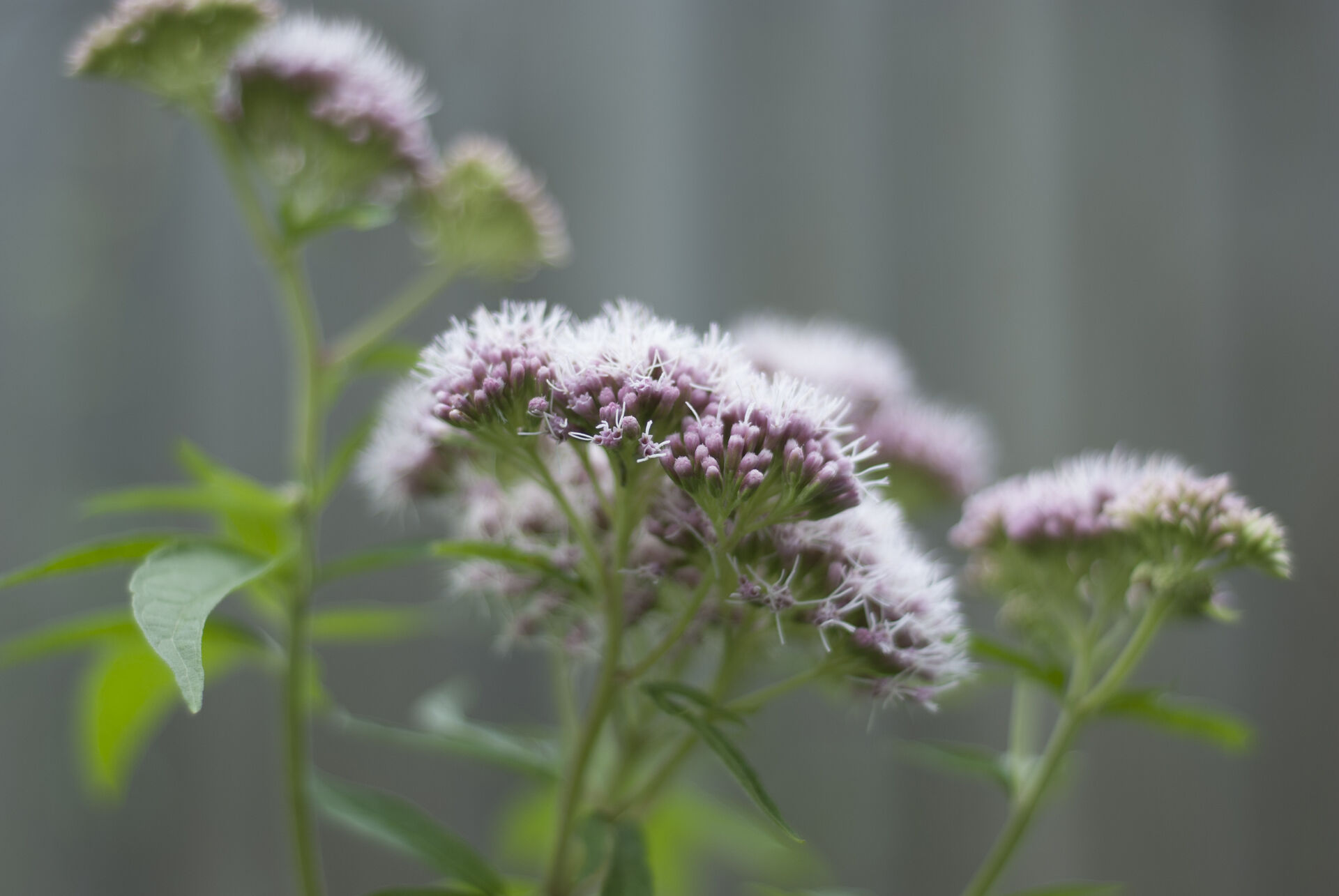
In the list showing contraindicated herbs we also find well known spices as Thyme, Sage and Liquorice. The researchers emphasize that this is only relevant for extracts and tinctures, which are in much larger doses than what is used in cooking, and that the risk is purely theoretical.
– Using herbs and spices in your food is no problem! You are way below the dosages that can pose any risk, explains Lupattelli.
Unknown interactions
On the «safe» list we find remedies containing Ginger, an herbal remedy frequently used to treat morning sickness.
There is no reason to believe that these herbal products containing Echinacea or Green tea can cause any risk.
However, the researchers stress that these herbs are probably safe when used by themselves, but how they interact with other herbal remedies or medications are unknown.
St. John's wort is one of the few herbs that have been studied specifically, and the research show that the herb contains agents that can disturb the effect of birth control pills and many other types of medication.
– On the list of herbs that should be handled with caution, because the risk is unknown, we find Valerian (Valeriana officinalis). This is an herbal remedy that is on sale both at the pharmacy and in Health Food Stores in Norway as a relaxing and sleep-promoting agent. There are no documented harmful effects of this herbal remedy on pregnant rats, but we really don’t know anything about any effect on humans.
Natural not the same as safe
Angela Lupattelli explains that pregnant women are often advised to use herbal remedies by other women who had positive personal experiences. These kinds of advices are often communicated through social media, blogs or websites for pregnant women, but there are also examples of healthcare professionals recommending use on herbal remedies. In Eastern Europe it is quite common that healthcare professionals advice women to use herbal remedies that have a documented risk.
– A lot of people think it’s safe to use herbal remedies because they contain only natural ingredients, but they have to consider that natural compounds can be extremely toxic – just remember the fungus commonly known as the European destroying angel.
– Furthermore, are herbal remedies used exactly because they have an effect. Parsley, for example, contains the etheric oil Apiol that was used in old traditional medicine to induce an abortion, Lupattelli points out.
The first author on the scientific paper is Professor Deborah A. Kennedy at the University Of Toronto, Canada. She is educated within naturopathy and pharmacy and has for many years collaborated with researchers from UiO.
The survey was conducted with participants from USA, Canada, Norway; Sweden, Iceland, Finland, Italy, France, Switzerland, Great Britain, Austria, the Baltic Countries, Croatia, Serbia, Slovenia, Russia and Australia. Health supplements that contain vitamins or minerals were not included in this survey.
Translated from Norwegian by Espen Haakstad
Contact information:
Post Doc Angela Lupattelli at the School of Pharmacy
Further information:
- Deborah A. Kennedy, Angela Lupattelli, Gideon Koren, Hedvig Nordeng: Safety classification of herbal medicines used in pregnancy in a multinational study . BMC Complementary and Alternative Medicine 2016:102.
- Kennedy DA, Lupattelli A, Koren G, Nordeng H.: Herbal medicine use in pregnancy: results of a multinational study. BMC Complement Altern Med. 2013; 13:355.
- Nordeng H, Bayne K, Havnen GC, Paulsen BS.: Use of herbal drugs during pregnancy among 600 Norwegian women in relation to concurrent use of conventional drugs and pregnancy outcome. Complement Ther Clin Pract. 2011; 17:147-51.
